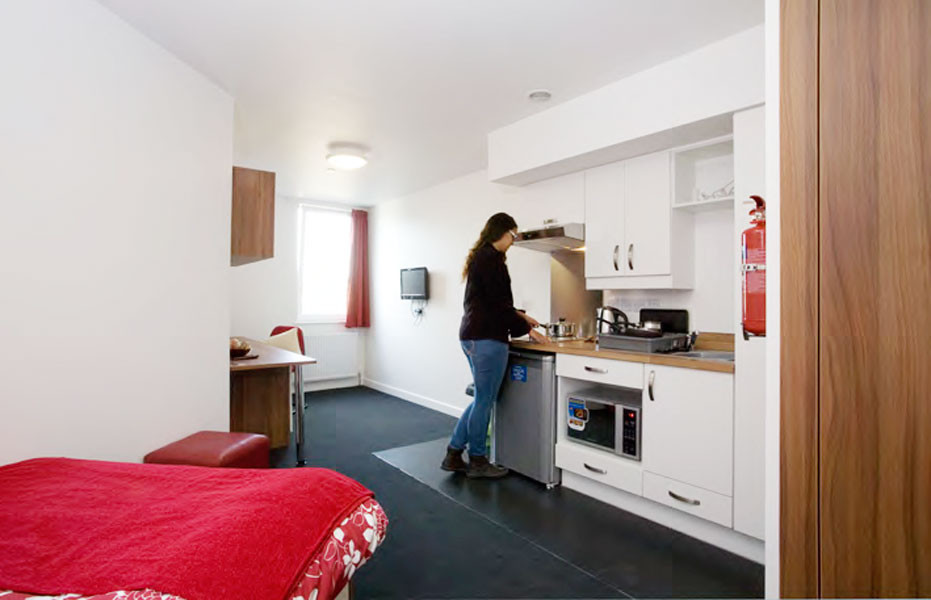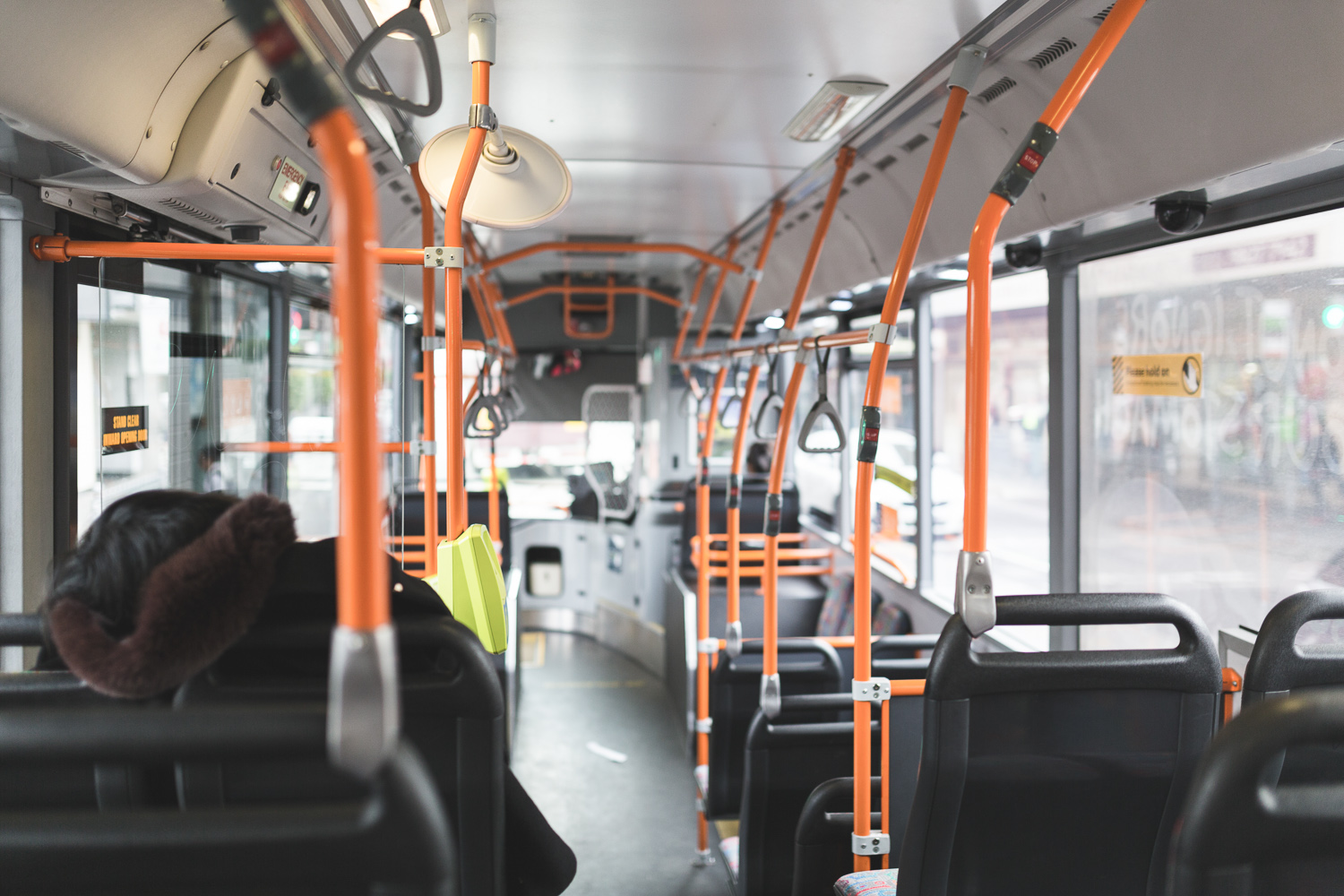Studying in Australia
Life in Australia
Australia is a richly diverse and multicultural nation, with the Aboriginal and Torres Strait Islander peoples as its first inhabitants, having lived here for over 40,000 years. The rest of the population consists of migrants and their descendants, arriving after the first European settlement in Sydney Cove in 1788. This cultural diversity, along with varied languages, foods, and religious practices, plays a significant role in shaping Australian culture and values. The local environment, cultural richness, and city dynamics will differ based on the location.
Residing and Pursuing Education in Australia
Living in Australia offers a vibrant and enriching experience. Renowned for its top-tier education system, Australia hosts over 700,000 international students who flock here to study and live. The country’s appeal extends beyond academics, as it boasts low crime rates, vast open spaces, picturesque parks, and a diverse array of wildlife. Australia’s golden surf beaches are world-famous, providing stunning coastal landscapes for residents and visitors alike. Its cities offer a dynamic lifestyle with a thriving nightlife.
Australia’s commitment to individual rights and freedoms is evident in its welcoming atmosphere. The nation upholds the principles of patriotism and freedom of speech and maintains a lawful and transparent legal system. Its multicultural fabric fosters diversity, and numerous urban centers showcase a variety of landscapes and opportunities, catering to different tastes and preferences.
Australia’s technological advancement is remarkable, boasting high-quality infrastructure and robust transportation networks. This technological prowess, combined with its natural beauty, makes it an enticing destination for study abroad.
For those considering studying in Australia, the government’s “Study in Australia” website provides comprehensive information and resources to make informed decisions about education and life in this captivating country. Whether you seek an exceptional academic experience, natural beauty, cultural diversity, or modern infrastructure, Australia has it all, making it a place where life is both enriching and exciting. For more details visit : Study Australia | Study Australia
Living Expense in Australia for International Students 2024
Australia is known for providing globally acclaimed universities and attracts international students worldwide every year. This, combined with its well-structured education system, makes Australia the most preferred destination for international students. However, when planning to study in Australia, it is important to consider the living costs and ensure that you can afford to live comfortably.
To live in Australia, an individual would require an approximate cost of $20,000 each year, and an average family would require more than $50,000 a year. The cost of living varies depending on where you live. This may not include other costs such as socialising, health or emergency costs, or Overseas Student Health Cover (OSHC).
For a specific breakdown of accommodation and other living costs, please refer to Living and education costs | Study Australia and make use of the cost of living calculator provided by Insider Guides at https://insiderguides.com.au/cost-of-living-calculator/

Accomodation in Australia
The cost of living in Australia depends on factors such as location, accommodation preferences, and lifestyle. Shared accommodation is generally more cost-effective, while inner-city living is more expensive than in outer suburbs or regional areas. Below is a general guide to living expenses in each state to help with budgeting, though these figures may change over time.
Long-term accommodation
Apartments and Houses – If you prefer off-campus living, there are affordable self-catering rental options available near the campus. Shared accommodation is commonly advertised in local newspapers and on campus notice boards. Many students opt for furnished rentals to avoid the cost of purchasing furniture, often searching through real estate websites. In addition to weekly rent, expect to pay for utilities such as electricity, gas, water, as well as telephone and internet services.
Rental agreements usually last for a set period (such as 6 or 12 months) and are legal documents outlining the terms, including rent conditions and the start and end dates. Tenants are responsible for maintaining the property in good condition.
It’s recommended that you inspect the property before signing a lease, so it’s often best to wait until you are in Australia to arrange this type of accommodation.
Student Accommodation Complexes – These purpose-built accommodations are popular with students due to their social atmosphere, offering organized activities for residents. Typically, you can rent a furnished single room in an apartment with shared kitchen, lounge, and bathroom facilities. This type of accommodation is often available for booking before you arrive in Australia.
You can explore more about long-term accommodation options near your campus.
Temporary accommodation
If you cannot secure long-term accommodation before arriving in Australia, it is essential to book temporary housing for your initial days. We suggest arranging temporary accommodation for at least your first week to give yourself time to search for, inspect, and apply for permanent housing.
Homestay For students seeking short-term or temporary housing before deciding on permanent arrangements, staying with the Australian Homestay Network (AHN) for the first four weeks is highly recommended.
Homestay provides an excellent introduction to Australian life, as hosts are trained to assist students with everyday tasks. They help with familiarizing students with the local community, understanding Australian culture, buying transport tickets, finding local shops, accessing banking, and setting up internet and mobile services, along with offering personal safety tips.
please visit:

Transportation in Australia
Australia boasts a well-developed transportation system that facilitates easy access to various destinations across this vast and diverse country. Public transport options are widely available, making it convenient for residents and visitors to explore its many attractions. The country’s extensive network includes trains, buses, taxis, and the popular ride-sharing services like Uber and Didi. These services ensure that both urban and regional areas are well-connected, allowing for efficient and accessible travel.
Moreover, Australia promotes sustainable transportation with its numerous cycling and walking paths, creating an eco-friendly and healthy mode of commuting within cities and towns. These paths are designed to provide a safe and scenic route for those who prefer to pedal or stroll while enjoying the beautiful Australian landscapes.
Additionally, Australia offers affordable domestic flights, enabling travelers to make the most of their time in this vast nation. With accessible and reasonably priced air travel options, you can easily explore different regions and experience the diversity of Australia’s natural wonders, from the breathtaking landscapes to vibrant cityscapes.
For those considering a journey to Australia, the “Study in Australia” website is a valuable resource, providing insights into transportation, accommodation, and various aspects of life in this captivating country. Whether you’re a student, a tourist, or a resident, Australia’s efficient and diverse transportation options ensure you can explore its rich culture, breathtaking scenery, and vibrant cities with ease.
Visit for more:
Living and education costs | Study Australia

Well-being and Security in Australia
In Australia, the commitment to health and safety is a paramount concern, ensuring that the nation remains a secure and nurturing environment for its residents and visitors. While Australia is known for its generally safe surroundings, awareness of potential hazards is crucial. The Australian government, through the Work Health and Safety Act 2011, places a significant emphasis on the well-being of its workforce, students, and guests. Educational institutions, such as the Australian Federal College (AFC), are particularly vigilant in upholding this commitment. AFC acknowledges its responsibility to offer secure facilities and cultivate an environment that not only promotes learning but also prioritizes the health and safety of its employees, students, and visitors. This approach ensures that Australia remains a global benchmark in the provision of safe and healthy environments, promoting the well-being of all who reside in or visit this beautiful and diverse nation
The following are some suggestions that can help mitigate these problems.
Health and safety are paramount concerns across the globe, and Australia, including the city of Launceston, is no exception. While Australia as a whole boasts a reputation for being a relatively safe country, it’s essential to remain vigilant and exercise caution, just as one would in any city worldwide. Launceston, like any urban area, may have specific neighborhoods or areas that demand extra attention. Local residents and students are often well-versed in these areas and typically avoid them. If you are new to Launceston or unfamiliar with its surroundings, it’s advisable to seek guidance from academic or student support staff. These experts can offer valuable insights, helping you navigate the city safely and make informed choices about where to go and what precautions to take. By staying informed and taking appropriate measures, you can enjoy all that Launceston has to offer while ensuring your health and safety remain a top priority in this welcoming Australian city.
Australia places a high premium on health and safety, both for its citizens and visitors. The legal drinking age of 18 for alcoholic beverages is rigorously enforced, but it is imperative to note that the possession and use of illegal drugs, such as marijuana, ecstasy, or cocaine, is strictly prohibited by Australian law. In addition to legal repercussions, involvement with these substances can lead to significant health issues, potentially resulting in legal action, health complications, or even deportation, particularly for international students.
To ensure a safe and secure environment, educational institutions like DC take proactive measures to safeguard the well-being of their students. These measures include having Student Support Officers and Facilities Coordinators available to answer questions and provide assistance. The institution enforces a strict policy against smoking within their premises and encourages a tidy and organized training environment. Reporting potential hazards, accidents, and near misses is encouraged to maintain a culture of safety. Moreover, the institution prohibits the consumption of alcohol during contact hours. Safety is paramount, and the college underscores the importance of seeking help when handling heavy objects to prevent injuries.
In Australia, the commitment to health and safety is deeply ingrained, extending from legal regulations to institutional practices, ensuring a secure environment for all.
